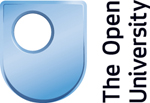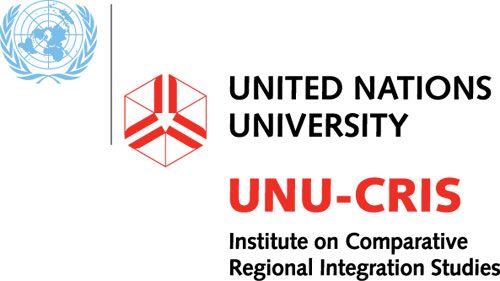Poverty Reduction and Regional Integration
A comparative analysis of SADC and UNASUR health policies

Our Team
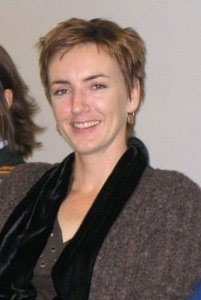
Nicola Yeates (Principal Investigator, Open University)
My research focuses on the implications of transnationalisation and globalisation processes for social policy as a field of academic study and as a political practice. I have a particular interest in how social diversity, divisions and inequalities are constructed, manifested, mediated and contested through these processes. I pursue these interests in relation to global and regional governance and its relationship to systems of health provision, state and non-state strategies of internationalisation and transnational advocacy and policy networks. For further information click here
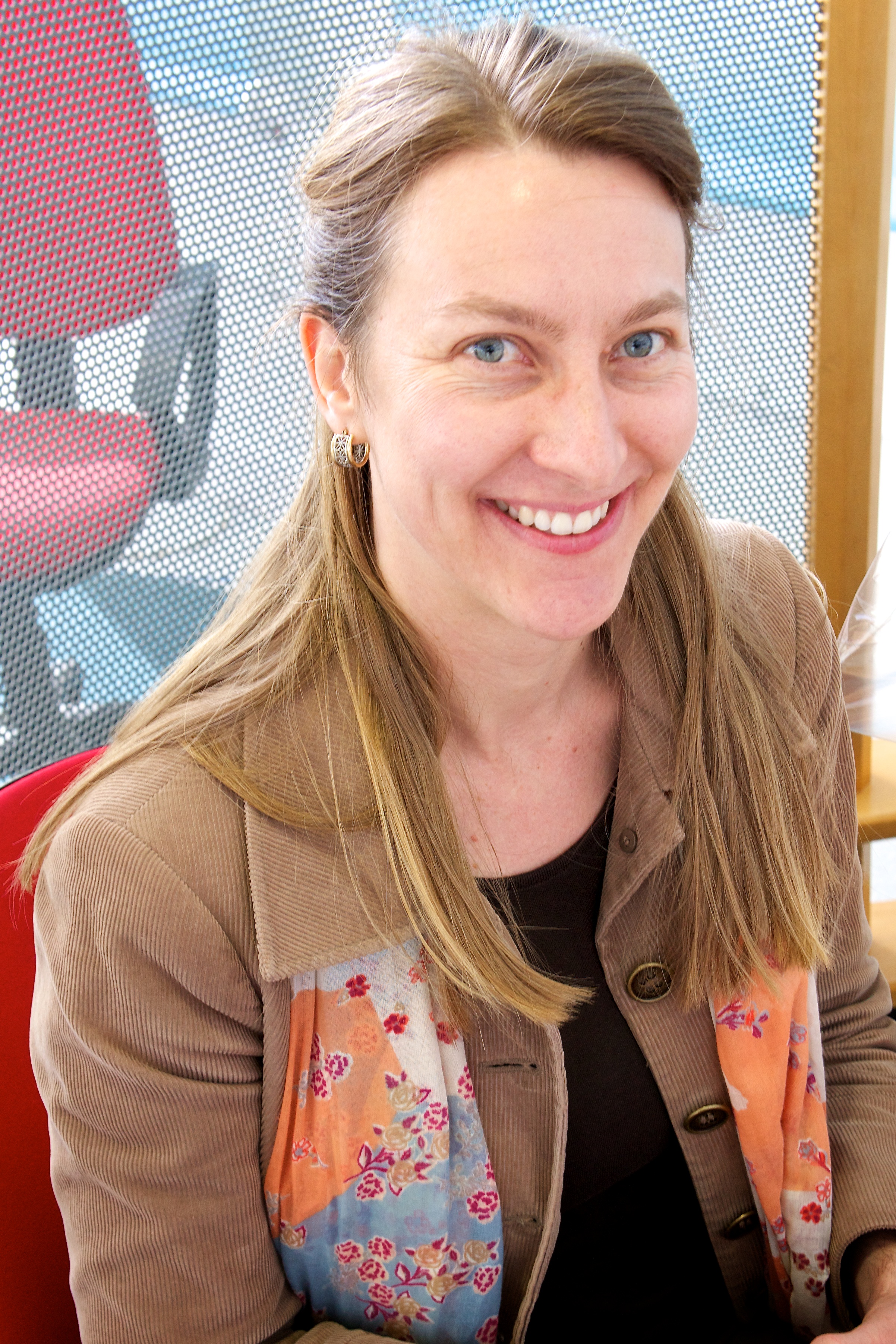
Tracey de Beer (Project Manager, Open University)
Tracey de Beer is Research Project Manager for Poverty Reduction and Regional Integration (PRARI) and has worked in the higher education sector since 2005. She has extensive experience in managing projects from project scoping and initiation through to project development and completion. Her work includes developing, implementing and managing processes and frameworks for managing the project, communications, outputs and budget.
She also project manages the Stories of Change Project funded by AHRC, and supports the submission of research bids as an Enterprise and Research Administrator within the Open University's Faculty of Social Science. She is a member of the Association of Research Managers & Administrators (ARMA)
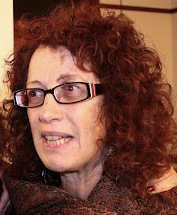
Diana Tussie(Co-Investigator, FLACSO)
Diana Tussie heads the Department of International Relations at FLACSO/Argentina and is the founding director of the Latin American Trade Network (LATN). Her recent books include: The Rise of Post Hegemonic Regionalism (with Pia Riggirozzi) The Politics of Trade: Research and Knowledge in Trade Negotiations; Trade Negotiations in Latin America: Problems and Prospects. She has served as junior secretary for trade negotiations and was a member of the board of the International Trade Commission in Argentina.
In 2005, she served on the High Level External Panel for the Trade Assistance Evaluation of the World Bank. More recently she joined colleagues from Canada and India in the external evaluation of the WTO's technical assistance programme. She was a member of the Committee for Development Policy of the United Nations and serves on the editorial boards of several international journals.

Peter Fourie(Co-Investigator, SAIIA)
Pieter Fourie was educated in South Africa, France and the UK, and teaches Political Science at Stellenbosch University. He has worked for UNAIDS, the Australian Department of Foreign Affairs & Trade, in civil society, and has taught at universities in South Africa and Australia. His research focuses on global health governance, health diplomacy, and the political economy of development. His book 'The Political Management of HIV and AIDS in South Africa' (Palgrave Macmillan, 2006) was longlisted for the Alan Paton Award, and he is the editor of Politikon: the South African Journal of Political Studies. His recent publications include:
- Fourie, P (2013) 'Turning dread into capital: South Africa's AIDS diplomacy', Globalization and Health, 9(8), http://www.globalizationandhealth.com/content/9/1/8
- Fourie, P & Follér, M (2012) 'AIDS hyper-epidemics and social resilience: theorizing the political', Contemporary Politics, 18(2).
- Fourie, P, Perche, D & Schoeman, R (2010) 'Donor aid for AIDS in South Africa: many actors, multiple agendas', Strategic Review for Southern Africa, 32(2).
- Fourie, P & Meyer, M (2010) The Politics of AIDS Denialism: South Africa's Failure to Respond. Farnham: Ashgate.
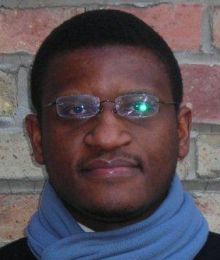
Stephen Kingah (Co-Investigator, UNU-CRIS)
Stephen Kingah has a PhD in law from the Free University of Brussels (VUB). He specializes in the rules that pertain to access to medicines and vaccines. Stephen is visiting lecturer at the University of Maastricht where he coordinates a seminar on topical issues on comparative regionalism. Previously he taught as guest lecturer at the Eduardo Mondlane University in Mozambique and the University of Yaound? II in Cameroon and also worked as ad hoc administrator in the European Commission charged with the European Union's relations with international financial institutions. He consulted for GIZ and the European Parliament. Stephen has published in the International and Comparative Law Quarterly, the European Foreign Affairs Review, The South African Journal of International Affairs amongst others. Amongst his publications are
- Kingah, S. (2011) Access to Medicines and Vaccines in the South: Coherence of Rules and Policies Applied by the European Commission (Brussels University Press, Brussels).
- Kingah, S. (2010) "TRIPs and Human Rights: Access to Cheaper AIDS Medicines," in: Brems, Wouters, Smis and Schmitt (eds.), Accountability for Human Rights Violations by International Organizations (Intersentia) (With Stefaan Smis and Christine Janssens), pp 485-504.
- Langenhove, L. V. and Kingah, S. 'Conditions for Effective Regional Social (Health) Policies: The EU and UNASUR Compared', in Andrea Hoffman and Andrea Bianculli (eds.) 'Regional Organizations and Social Policy in Europe and Latin America: A Space for Social Citizenship?' (Palgrave) November 2015.
He has also co-authored (with Stefaan Smis) a monograph on SADC with Kluwer Law International. For further information click here.
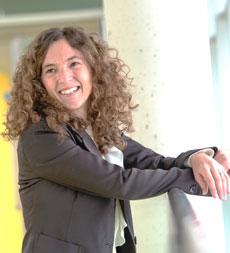
Pía Riggirozzi Co-Investigator, Southampton University)
Pía Riggirozzi is Associate Professor at the University of Southampton. Her research focuses on political economy of development and regionalism. Her work devotes particular attention to how models of political economy in Latin America engage with democracy, inclusion, and the articulation of alternative forms of regional governance. She is the author of Advancing Governance in the South: What Roles for IFIs in Developing States? (Palgrave, 2009), 'Region, Regionness and Regionalism in Latin America: Towards a New Synthesis' (New Political Economy 17:4, 2012), The Rise of Post-Hegemonic Regionalism: The Case of Latin America (edited with D. Tussie, Springer, 2012); and 'Post-neoliberalism in Latin America: Rebuilding and Reclaiming the State after Crisis' (with J. Grugel, Development and Change 43:1, 2012), and 'Regionalism through Social Policy: Collective Action and Health Diplomacy in South America. Economy and Society' (Economy and Society, 2014).

Phillippe De Lombaerde (Project Consultant, UNU-CRIS)
Philippe De Lombaerde is Associate Director at UNU-CRIS in Bruges since 2008. Previously he worked as Research Fellow at UNU-CRIS. He is also a Visiting Lecturer at the University of Bonn-ZEI since 2007 and at the College of Europe since 2005. Before joining UNU-CRIS, he worked as an Associate Professor of International Economics at the Universidad Nacional de Colombia in Bogotá (1997-2004), as a Researcher and Lecturer at the University of Antwerp (1985-93 and 1999-2002) and as a Researcher at the National Institute of Development Administration in Bangkok (1993-94), among other appointments. He has been a Visiting Lecturer at the UN University for Peace (San Jos?), the Universidad de Los Andes (Bogot?), and the Prague School of Economics. He has been involved in policy research and consultancy projects for the governments of Belgium, Flanders, France, Colombia and Thailand, the UN, ILO, OECD, European Commission and EUROSTAT. Amongst his publications are:
- De Lombaerde, Ph., Assessment and Measurement of Regional Integration (Routledge, London, 2006).
- De Lombaerde, Ph., (et al., eds.), Governing Regional Integration for Development. Monitoring Experiences, Methods and Prospects (Ashgate, Aldershot, 2008) (ed. with: A. Estevadeordal and K. Suominen);
For more information click here.
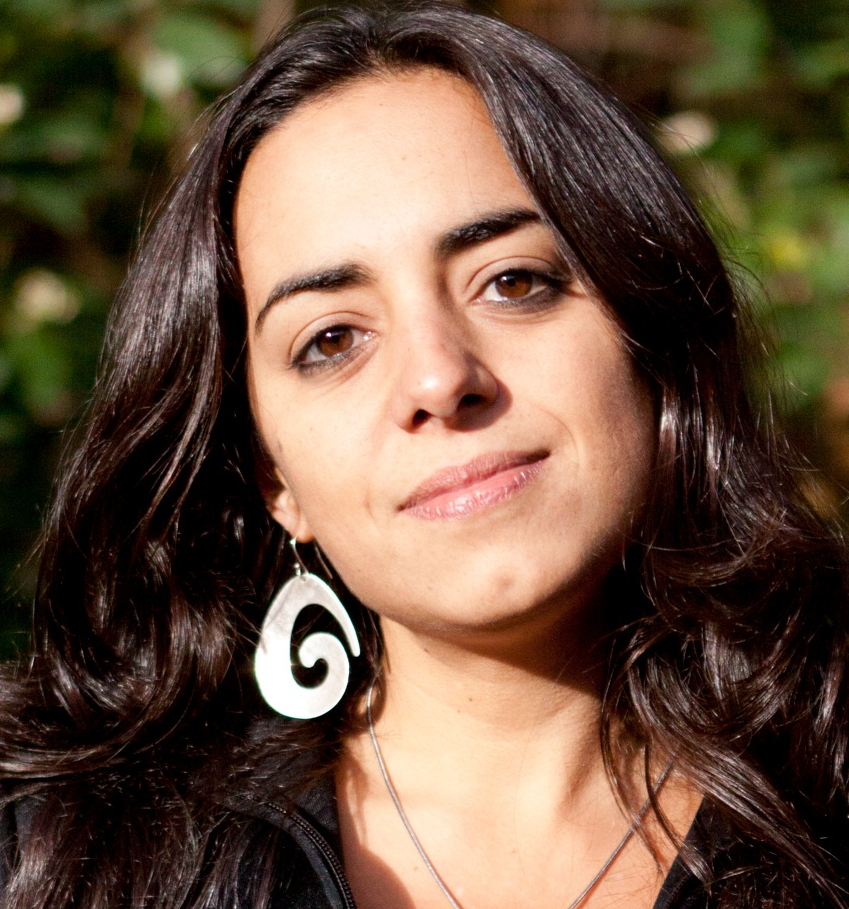
María Belén Herrero (PRARI Researcher, FLACSO)
Belen Herrero is a sociologist with a degree from the University of Buenos Aires and a PhD candidate from the same university. She held a PhD Fellowship awarded by the National Council on Scientific Research, CONICET, Argentina. She has specialized in Epidemiology at the School of Public Health, Faculty of Medical Sciences, National University of Cordoba (UNC) and has been a consultant for the national tuberculosis control programme in Argentina.
Belen teaches at the University of Buenos Aires and the National University of Litoral (UNL). She has been involved in various research projects at the Institute Gino Germani (IIGG -UBA) and Center for Research and Studies on Culture and Society (CIECS). She carried out part of her doctoral research at the Department of Epidemiology, Institute of Social Medicine, State University of Rio de Janeiro (IMS ? UERJ). Her main areas of research are on the social determinants of health, social epidemiology, analysis of inequality in access to health services and treatment compliance. Her publications include articles in refereed journals, book chapters and scientific materials.
- Herrero, M. B., Living conditions, access barriers to health services and healthcare provided associated with tuberculosis treatment non-adherence in Buenos Aires, Argentina [ES]. Journal: Población y Salud en Mesoamérica.

Erica Penfold (PRARI Researcher, SAIIA)
Erica Penfold is a Research Fellow with the South African Institute of International Affairs. She holds a Master's degree in Political Science from the University of Cape Town.
Prior to this, she was employed as a research associate with OtherWISE and the University of Cape Town. She has worked for non-profit organisations and civil society, including Global Integrity, Management Sciences for Health and the Institute for Justice and Reconciliation
She has been involved in a number of research projects across Africa, with particular focus on good governance and democracy. Her research interests are regionalism, Southern Africa's international relations, social policy, democratic reform and development. Her recent publications include:
- Penfold, E, (2012) Create entrepreneurs, not tenderpreneurs, Transformation Audit.
- Penfold, E. and Goodman, S. (2011) An Evaluation of a Knowledge Partnership ? A Review of the Literature, NRF Working Study, Cape Town.
- Lefko-Everett. K, Lekalake. R, Penfold.E, Rais,S. (2010) South African Reconciliation Barometer ? Tenth Round Report 2010, The Institute for Justice and Reconciliation, Cape Town.
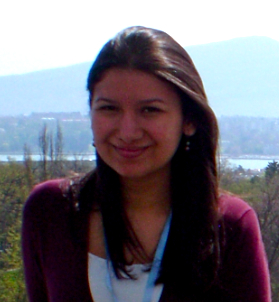
Ana B. Amaya (PRARI Researcher, UNU-CRIS)
Ana B. Amaya holds a Bachelor of Science in Integrative Biology from the University of Florida and a Master in Public Health in Global Communicable Diseases from the College of Public Health at the University of South Florida. She defended a DPhil in Public Health Policy from the London School of Hygiene and Tropical Medicine (LSHTM) in 2013. Previously she was a researcher at UNU-WIDER, the HIV/AIDS Department at WHO and Department of Economic and Social Affairs (DESA) at the UN. She has consulted for the Pan American Health Organization (PAHO), Overseas Development Institute (ODI) and the Rockefeller Foundation's Good Health at Low Cost Project. She has taught at the postgraduate level since 2009, lecturing for the 'Issues in Global Health Policy', 'Health Systems' and 'Health Services' modules at LSHTM. She was also editor of The Lancet Student from October 2009 until April 2010. Her main research interests are global health governance and diplomacy; coordination issues; aid effectiveness and sustainability; and health systems strengthening. Her publications include:
- Amaya, Ana B., Caceres, C., Sandoval, C. and Valverde, X. "A critical analysis of Peru's HIV grant proposals to the Global Fund," 8(10) Global Public Health (2013), 1123-1137.
- Amaya, Ana B., Caceres, C. and Balabanova, D. (2014) "After the Global Fund: who can sustain the HIV/AIDS response in Peru and how?", 9(1) Global Public Health (2014), 176-97.
- Amaya, Ana B. BRICS and global health: do they coordinate towards common health goals?, paper presented at "Voices from Outside: Re-shaping International Relations Theory and Practice in an Era of Global Transformation", Global South Caucus of the International Studies Association. January 8-10, 2015 Singapore Management University, Singapore.
- Rollet Vincent and Amaya Ana B. (2015) The European Union and transnational health policy networks: a case study of interaction with the Global Fund. Journal: Contemporary Politics. Volume 21, issue 3. ISSN: 1356-9775, pg. 258-272.



